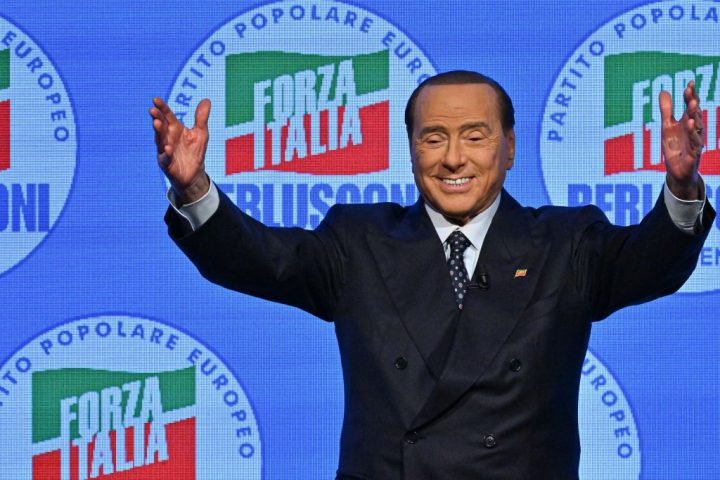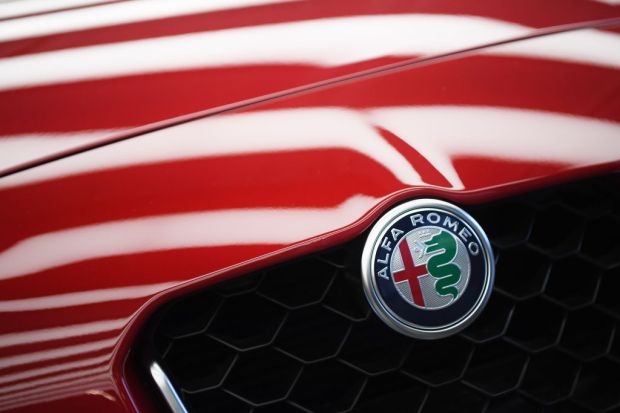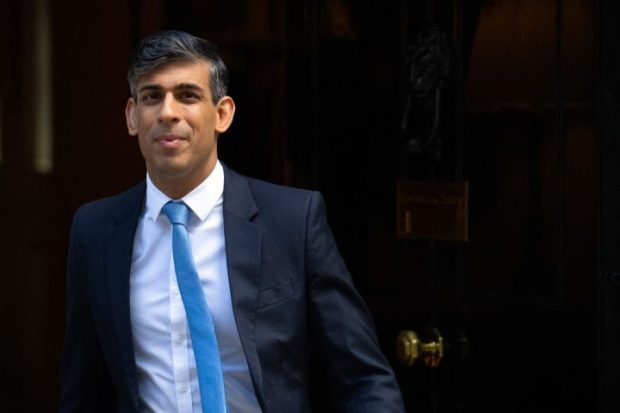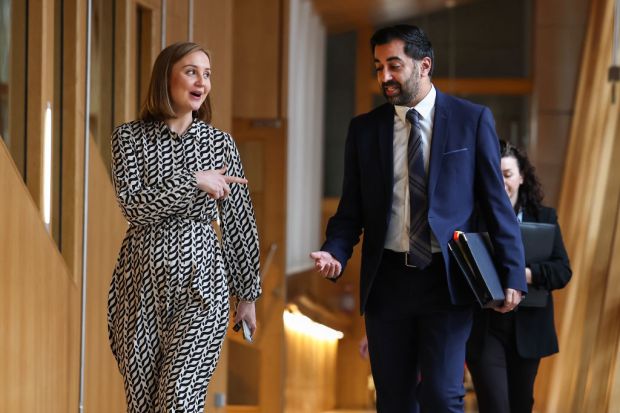Silvio Berlusconi, whose state funeral will take place today in Milan, was the first modern populist. The media tycoon became a politician to take back control of Italy from the establishment on behalf of the people.
The Italians called him Il Cavaliere (The Knight). He created a brand of politics that decades later would become a new driving force in America and Europe and would be called populism.
Berlusconi reminds me of Jay Gatsby, the tragic hero of F. Scott Fitzgerald’s great novel
Italians voted for him in their droves. Like Donald Trump, he was dead rich but loved by the dirt poor. He spoke their language: he loved beautiful football and beautiful women. He hated tax and red tape and fines and the big bad state.
He was a right-wing politician who spoke to Italy’s red wall. No other Italian politician in the history of the Italian Republic, founded after the defeat of fascism in 1945, got as many votes as he did, or was prime minister for as long as him. He was prime minister four times.
He was also likeable. Unlike Trump, even his most ardent enemies on the left praised his generosity – not just in the material but human sense. He was good fun.
Berlusconi made his first fortune in property. He entered politics in 1994 to save Italy – as he put it – from the communists because as he said in his first political campaign video: ‘Italy is the country I love’.
One of his favourite books was In Praise of Folly (1509) by Erasmus, which he used to inspire his new party’s candidates. Later, in the preface to an Italian edition, he would write:
What fascinated me about the work of Erasmus was in particular the central thesis of madness as a vital creative force: the more his inspiration springs from the depths of the irrational the more original is the innovator. Revolutionary intuition always makes itself felt when it manifests itself as void of common sense and truly absurd… True and genuine wisdom is thus not found in rational behaviour, which is necessarily complicit with the normal and thus by definition sterile, but in in far-sighted, visionary ‘madness’.
That insight tells us something about his political career and his understanding of his country. In the late 20th century, Italy had the largest communist party in Europe outside the Soviet Bloc which had never quite won power nationally. But a judicial revolution against endemic political corruption which saw hundreds of politicians put on trial had destroyed all other parties.
Despite the collapse of Soviet communism, the heirs to the Italian Communist party, financed by Moscow during the Cold War, stood poised to take power in Italy.
To stop them, Berlusconi founded a party, Forza Italia, in January 1994 and won the election in March. Two months later, his football club AC Milan won the Champions League.
From then until his death, Berlusconi was hounded by Italy’s notoriously politicised judges, known as ‘toghe rosse’ (red cloaks). They put him on trial dozens of times. He once said it was 136 times. The Corriere della Sera said this week that it was 80 times. In 2018, he said he had spent €770 million on 105 defence lawyers. Yet he was only ever convicted once – for tax fraud – by a company that he was not in charge of at the time, whereas those who were, were acquitted.
To us in Britain this seems incomprehensible. Anyone put on trial as Berlusconi was for tax evasion, corruption, bribery, money laundering, mafia collusion, under-age prostitution, surely would not survive as a politician. But Italian judges are not like British judges. They are part of the ‘Magistratura’, a state institution that is separate from the legal profession. They train as judges, not lawyers; they investigate, prosecute and sit in judgement. They are highly politicised.
In addition, the Italian justice system is not only politicised but also sloth-like and incompetent. The punishment in Italy, it is said, is not prison but the years of purgatory awaiting judgement. Italians have little faith in their judiciary and so little faith that the trials it forced Berlusconi to endure were justified.
During the prime time talkshow Porta a Porta on Monday, the day he died, former left-wing prime minister Matteo Renzi, Barack Obama’s favourite European politician, admitted that Italy’s magistratura had indeed deliberately targetted Berlusconi. He merely confirmed what Italians know.
Trump too, of course, is now the target of what looks like a politically orchestrated judicial attack. Such treatment seems to be the fate of any populist political leader.
Which brings me to Boris. In 2003, when Berlusconi was prime minister and at the height of his prestige, I went with Boris – then editor of The Spectator – to his summer palace in Sardinia to interview him.
Boris wore khaki knee-length shorts and a blazer. He looked like a cross between a 19th Century British colonial explorer and Billy Bunter. All he lacked was a pith helmet. I wore a peppermint green summer suit and Liberty tie. We looked like Laurel and Hardy.
At the end of the three hour interview conducted in Italian by me (Boris did not really speak Italian), the Cav took us in a golf buggy that he drove himself, escorted by machine-gun toting bodyguards, on a tour of his incredible estate among the maquis of myrtle and olive next to the wine dark sea. Every so often he would stop to talk about some noteworthy aspect of it such as the Roman amphitheatre housing his huge collection of cactuses which are placed around the hemispheric rows like members of the public. And each time, he would say: ‘I did this!’
In the interview he told us: the Italian fascist dictator Mussolini did not kill opponents but sent them to the islands which are today much sought-after holiday resorts. This is largely true. Mussolini killed very few opponents compared to nearly all other 20th century dictators. He also said: Italy’s judges are ‘crazy’ because they are ‘anthropologically different’ from normal people. By ‘crazy’ Berlusconi meant that they were left-wing fanatics. Very many Italians would agree.
But these truths cannot be said in Italy for it is a country where the left may not have taken over the means of production but it has taken over the means of thought. So when published in The Spectator they were front page news in Italy for two weeks. Berlusconi – poor thing – even had to call a press conference to defend himself.
The ‘signori inglesi’ had got him drunk on champagne – he explained – which is why he told us what he had said. It was a lie. He had given us only iced lemon tea. And pistacchio ice cream.
So he is a liar.
Then again, as I told Boris (no stranger to untruths either) at the time: Berlusconi reminds me of Jay Gatsby, the tragic hero of F. Scott Fitzgerald’s great novel about a tycoon whose wealth is ill-gotten but whose dream is beautiful. As the narrator Nick Carraway tells Gatsby at the end of the book: ‘They’re a rotten crowd. You’re worth the whole damn bunch put together.’
And Boris agreed.
Berlusconi, like Gatsby, ‘believed in the green light, the orgastic future that year by year recedes before us. It eluded us then, but that’s no matter – tomorrow we will run faster, stretch out our arms farther … And then one fine morning — So we beat on, boats against the current, borne back ceaselessly into the past.’
Got something to add? Join the discussion and comment below.
Get 10 issues for just $10
Subscribe to The Spectator Australia today for the next 10 magazine issues, plus full online access, for just $10.




















Comments
Don't miss out
Join the conversation with other Spectator Australia readers. Subscribe to leave a comment.
SUBSCRIBEAlready a subscriber? Log in